‘Maybe we should also divide by skin colour?’: Tatarstan against paid education for migrants’ children
There are also many supporters of the initiative, the main argument is to create a protective mechanism
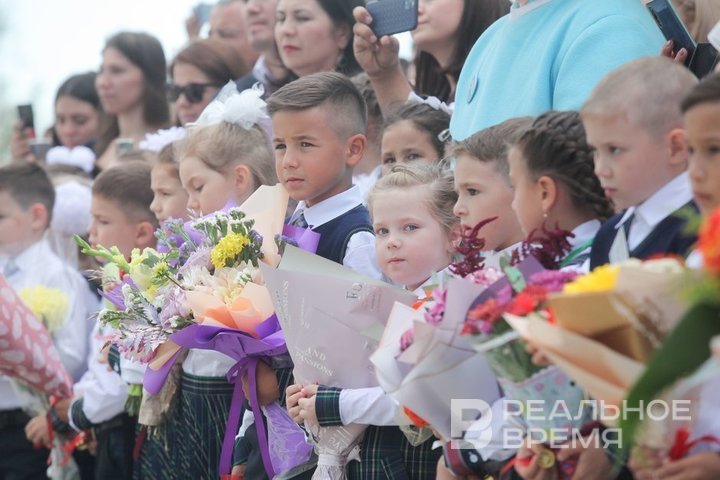
In Russia, there is an initiative to introduce fees for education for migrants’ children — a dedicated bill is currently being considered by the country's government. If the document is adopted, the new rules will come into force next year. Meanwhile, not everyone in Tatarstan supported the initiative. State Duma deputy from the republic Ayrat Farrakhov called it “inappropriate,” he is convinced that it is necessary to educate all migrants so that “they accept our values” and integrate into Russian society. A well-known teacher, Director of SOLNCE Kazan school Pavel Shmakov called the idea of separating education for children of foreigners and citizens of the country “terrible and vicious.”
“We are proposing to end this ‘charity epic’”
A bill on fee-based education for foreigners has been sent to the Russian government for approval. It is proposed to establish the right of this category of citizens to receive Russian education on a commercial basis — at the expense of individuals and legal entities in accordance with agreements on the provision of paid educational services. The initiative was prepared by the LDPR faction.
This concerns pre-school, primary general, basic general and secondary general education as well as vocational training. Currently, according to current legislation, migrants have equal rights with Russian citizens — their children study in our country on a generally accessible and free basis. However, the uncontrolled increase in the number of these students and pre-schoolers, according to the authors of the project, has led to a shortage of places in kindergartens and schools in the country — currently there is a shortage of about 900,000 places.
“Foreign workers bring their families to Russia, enrol their children to educational institutions for free. This, in turn, significantly reduces the level of educational work and the assimilation of curricula by Russian schoolchildren. In most cases, migrant children have a poor command of Russian or do not know it at all. This is aggravated by the fact that sometimes there are more foreign students in classes than Russian students. We propose ending this ‘charity epic,’ when foreign children are educated at the expense of the Russian budget, at the expense of our taxpayers,” one of the authors of the bill, head of the Duma Committee on Social Policy Yaroslav Nilov commented on the initiative.
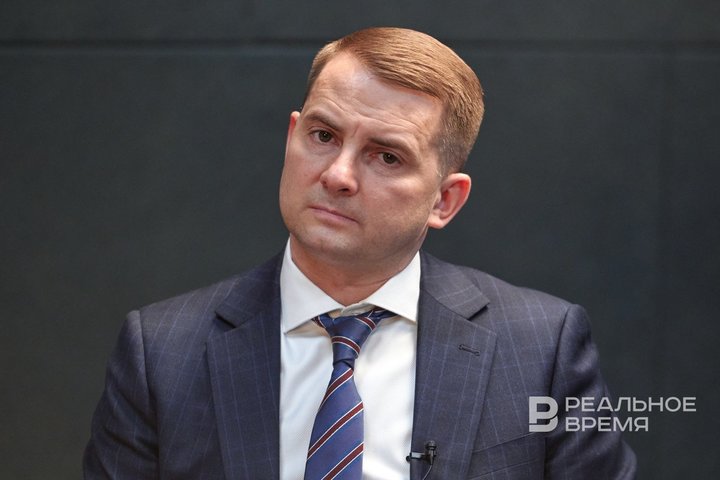
In addition, it is proposed to create adaptation classes, which will be a mandatory part of the educational process for migrant children. Since the appearance of such classes will increase the workload of the teacher, this will require an increase in his salary, the authors of the document explain.
“We are talking primarily about the barrier mechanism”
In an interview with Realnoe Vremya, State Council deputy from the LDPR Eduard Sharafiyev explained why he and his faction colleagues consider the adoption of this law important. According to him, the document is not simply aimed at introducing paid education for the children of migrants:
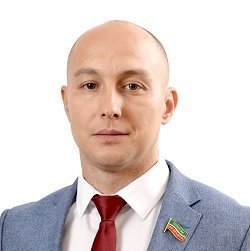
The new law, the deputy believes, will help migrants understand that their families in Russia will face the fact that there will no longer be free places for their children in schools and kindergartens: “These will be special fee-based classes where they will have to pay for education.” The instrument will help regulate the illegal labour migration market to some extent, he added.
At the same time, Eduard Sharafiyev once again emphasised that the document is needed not just to collect fees but to free up school resources for educating children of Russian citizens:
“Teachers have to spend time on the children of migrants who then, perhaps, will not even connect their future with our country. They will study here, get an education and go back to their homeland. And we have spent time and money on them. The most valuable thing is the time that we could not devote to our children. Therefore, the project is necessary, important, and it is at the height of time.”
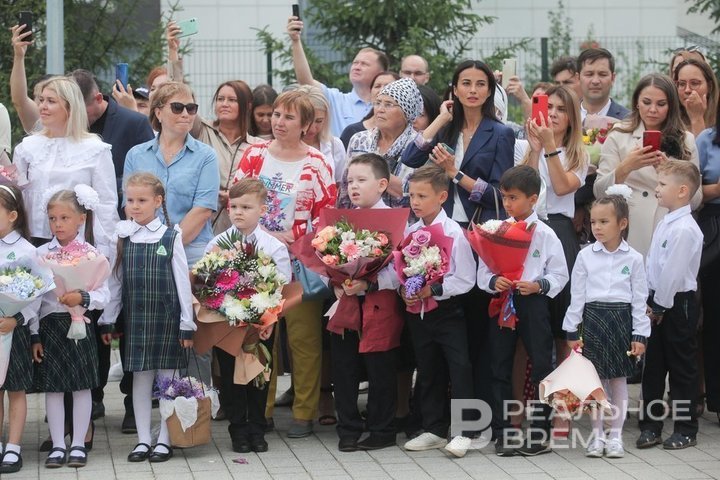
At the same time, the parliamentarian acknowledged that the problem is not so urgent for Tatarstan. The republic needs to build new kindergartens and schools, since the existing districts are overcrowded. “Therefore, this issue is not acute in Tatarstan, but we cannot allow it to become acute. The law can be a preventive measure. In principle, we are calm about all interfaith issues, everything is fine here in this regard,” he noted, but the situation is different on a national scale:
In the Russian Federation, these problems are already arising, when often the children of these “valuable” workers take up more than half of the class. They barely understand and speak Russian. The teacher has to spend a lot of time working with them and devote less time to our children, who came to school to receive a good modern education.
“Countries of origin need to abandon the image of the Russian people as an occupier”
In response to a request of Realnoe Vremya for an assessment of the initiative, the Muslim Religious Directorate of Russia indicated that this issue should be discussed starting with migration policy. “We believe that if it infringes on the rights of the indigenous population of Russia, this is unacceptable. Of course, some schools and kindergartens have a problem with the number of migrant children studying. And the key problem is not that they are migrants but that their knowledge of the Russian language is at an extremely low level, and our children, who can study the programme longer, certainly suffer from this,” noted deputy head of the directorate for academic affairs and rector of the Mukhammedzhan Khusainov Islamic Institute Hazrat Abdulla Adygamov.
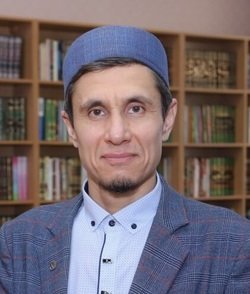
Proficiency in Russian is one of the key factors for the successful integration of migrants, he is convinced, and recalled that the Russian government is currently developing programmes to teach foreign citizens Russian and supports the creation of centres where they can study the language and receive professional education. “Poor command of Russian slows down the educational process,” Adygamov believes. According to him, the child’s family plays a major role in learning the language, and “the responsibility of adults is to speak Russian at home.” In his opinion, children also need additional extracurricular activities and events where they will learn the norms of Russian culture and language.
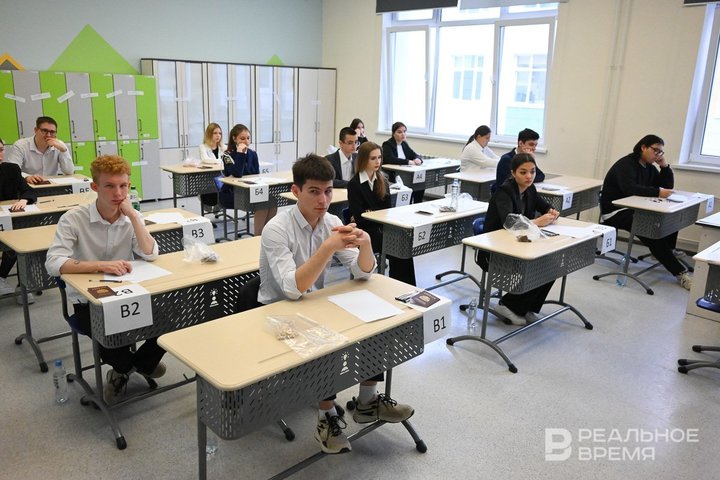
“Work in the educational sphere in religion is extremely important because today we are all witnessing how our enemies are trying to rewrite history, to influence the consciousness of young people, first of all. At the same time, a large number of questions arise that bona fide migrants face today, and these questions must be addressed to the governments and leaders of their countries. In such realities, preparing modern strong specialists with the right knowledge and values, who understand modern issues, becomes the most important task. Education and knowledge are of great importance in our religion, and we encourage everyone to strive for knowledge and learning,” Hazrat Abdullah Adygamov pointed out.
According to him, education is a service, and it should be aimed at “strengthening faith, intellect and morality, at the formation of a spiritual cultural person and citizen, capable of love, compassion and respect for a person of another faith and nationality, capable of creativity and constructive work, immune to destructive ideology.”
“We must train migrants so that they accept our values, know the language”
State Duma deputy from Tatarstan, member of the Duma Committee on Budget and Taxes Ayrat Farrakhov noted that the authorities proceed from the fact that our country needs migrants: “There has never been a precedent for economic growth in the world without migrants, and this also applies to the situation in which the Russian Federation finds itself now.”
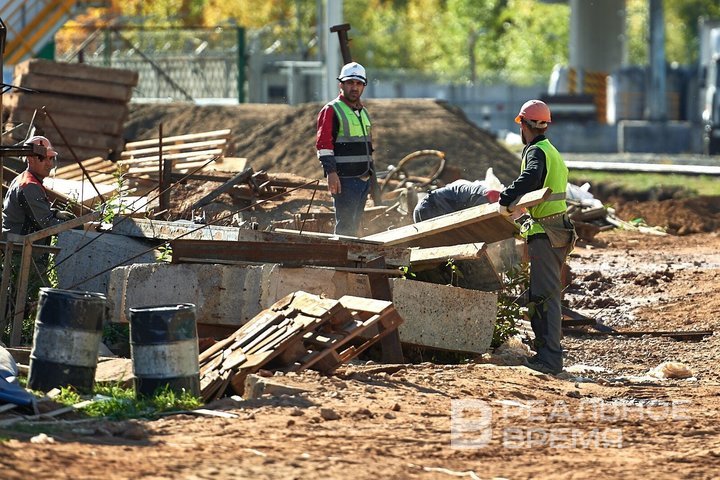
On the other hand, according to him, there is a very strong demand from society for the state to regulate migration policy issues, “since all crimes committed by migrants are extremely resonant, and they greatly disturb our society.” In these conditions, the State Duma cannot help but react taking into account the opinion of the majority.
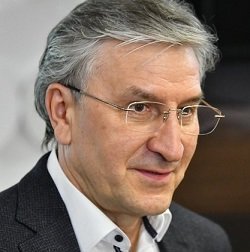
Another thing, according to Ayrat Farrakhov, is that it may be the personal desire of foreign citizens to choose a school with fee-based education for their children. “But, in my opinion, if they come to us, they should enjoy the same rights and at the same time be ready: to know the Russian language, traditions, values, including their children. Therefore, if we are talking about preparatory courses, they can be paid, but making everything else paid probably will not be entirely correct,” the speaker believes.
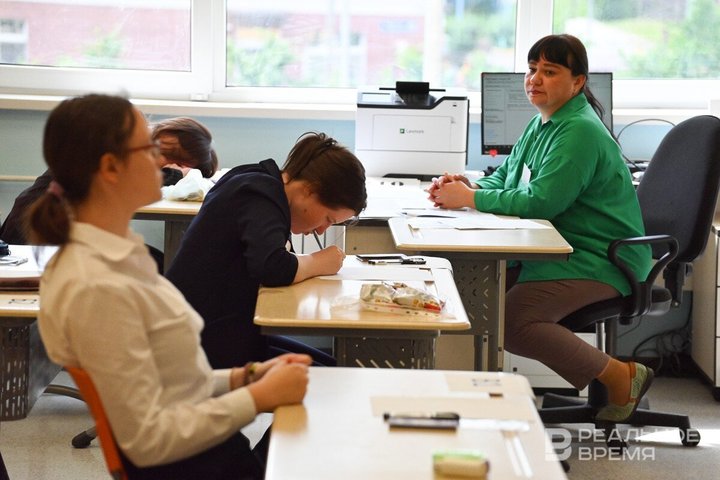
“Tatarstan has always been distinguished by a tolerant attitude towards each other. The republic is extremely interested in migration towards the region both within Russia and from outside it because the economy of Tatarstan is experiencing enormous difficulties. At the last meeting, a meeting with deputies and senators, Rustam Minnikhanov said that the issue of regulating migration is one of the key issues for the state authorities in the near future. Here, one cannot act harshly in the form of restrictions, prohibitions, and so on,” the deputy is convinced.
In his opinion, people who decide to migrate and earn money in Russia must undergo appropriate testing to determine what values they share. And this path should not lead to an increase in crime. “If these are professionals and they share our values, they move to us with their families, we must give their children the opportunity to receive an education for free — this is normal,” the deputy believes.
“How can you divide children? This is the same as racism!”
A well-known Tatarstan teacher, Director of SOLNCE Kazan school Pavel Shmakov categorically opposed the bill:
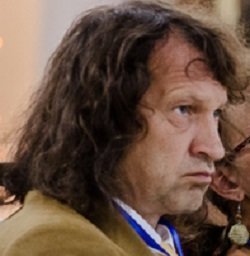
According to the head of one of the top-rated schools in Kazan, many children are now transferring to his school from other good schools. The reason is overcrowded classes of 40 students. “Instead of instilling something bright or building more schools so that there is enough space, they are offering this. But you can’t defame sacred ideas! It is necessary to distribute migrants among different schools, different classes. This is quite realistic,” he is convinced.
As an example, Shmakov cited his experience of working in Finland where the issue of educating children of foreign citizens, including Russians, was resolved at the state level, at the expense of the budget: “They gathered them for separate classes in their native language, took them by bus, by taxi. My daughter was taken by taxi so that she could study her native language because there were few such children in her school, she studied in a Swedish school.”
“There shouldn’t be 20 migrant children and 15 local children in a class. Our average number of migrant children in the country and even in the city is not off the charts — they need to be distributed. With a team, this is quite realistic and feasible. We need to collect them, distribute them to different schools, not settle everyone in one place. These are problems that the state must solve,” Pavel Shmakov is convinced.